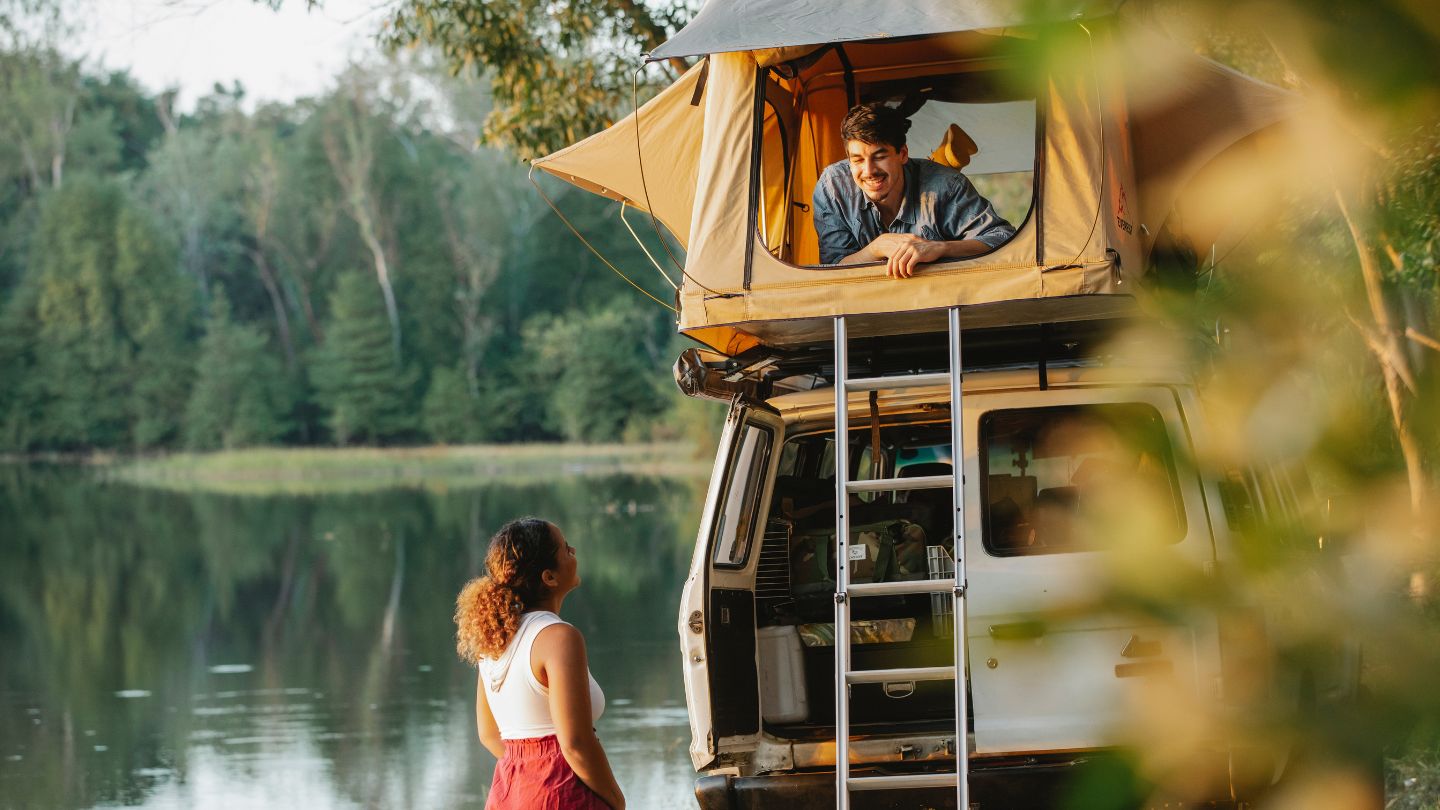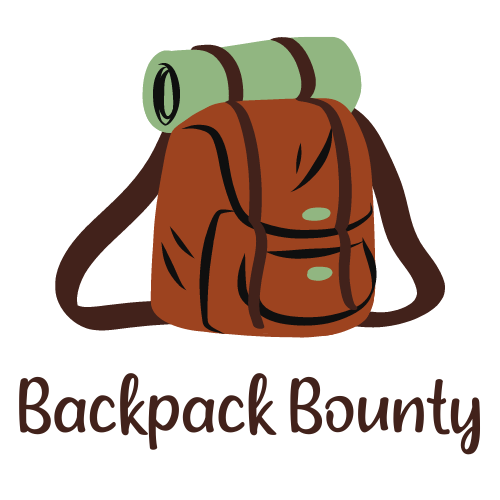Embarking on a backpacking adventure is an exciting and liberating experience. However, many travelers tend to stress over the expenses associated with such trips. This comprehensive guide aims to provide you with essential insights and tips to help you make the most of your backpacking adventures without breaking the bank.
Planning Your Trip
Researching your destination and setting realistic expectations about your budget is crucial for successful backpacking experiences. Be aware of seasonal fluctuations, local events, and currency exchange rates that may impact costs during your travel. Opt for traveling in the shoulder or off-peak seasons to take advantage of lower prices in accommodations and transportation. Also, create a flexible itinerary to account for unforeseen changes or opportunities that might come along your journey.
Transportation Savings
Invest time in researching affordable transportation options before your trip. Overland travel by bus or train often provides cost-effective alternatives to flying. Look for long-distance buses or night trains to save on accommodation while traversing large distances. Booking tickets in advance, exploring group discounts, or using local transport passes can lead to significant savings.
Accommodation Options
Choosing where to stay is one of the most vital aspects when it comes to managing your budget. Here are some popular economical accommodation options:
- Hostels: Budget-friendly and social accommodations offering dormitory style sleeping spaces or private rooms at affordable prices.
- Camping: Bring your own tent or rent gear to sleep under the stars. Many countries have camping grounds with basic facilities at low-cost rates.
- Guest Houses/Bed & Breakfasts: Affordable alternatives to hotels, often offering a more personalized experience.
- Home Exchanges / House Sitting: Swap homes or take care of someone else’s property while they are away. This option requires advance planning but can result in free stays.
Room sharing is another way to save money on accommodations. Look for co-travelers with similar budgets and interests who might be interested in sharing costs. Be sure to vet potential roommates well, as your safety should always come first.

Packing Essentials
Carrying the right gear can make or break your backpacking trip. Invest in quality equipment that will withstand extended use, yet stay focused on packing light to decrease physical strain and transportation expenses. Some essentials to include are:
- A comfortable, durable, and appropriately sized backpack
- Luggage locks and security pouches for valuables
- Multipurpose clothing items and quick-dry fabrics
- Layered sleepwear to adjust to temperature changes in shared accommodations
- A reusable water bottle and refillable toiletries containers to reduce waste and save money
- Compact and lightweight travel adapters, chargers and other electronic essentials
- Copies of personal documents, such as passport and ID cards, in case of loss or theft
While it may be tempting to over-pack for unforeseen situations, remember that many small items can be purchased inexpensively along the way.
Travel Insurance
Having reliable travel insurance provides peace of mind during your adventure, potentially saving you thousands of dollars in case of unforeseen circumstances. Take the time to compare policies and choose one that offers adequate coverage for your needs and budget.
Managing Your Money on the Road
While planning makes up a significant part of managing your budget, adopting smart practices during your trip can help you save even more.
Cooking Your Own Meals
Take advantage of hostel kitchens or camping stoves to prepare home-cooked meals from local ingredients. Not only will this save money, but it also allows you to learn about regional culinary traditions. Consider dining out occasionally to socialize with other travelers and taste authentic local cuisine without needing to indulge every day.
Exploring On Foot or By Bike
Renting a bike or taking walking tours is not only a healthy way to explore a destination but often an affordable means of transportation. Moreover, it allows you to experience local culture closely while meeting locals and other travelers alike.
Local Knowledge is Wealth
Talk to locals and fellow backpackers for insights into wallet-friendly activities, eateries, and accommodations. Track down free or low-cost events, such as outdoor concerts, seasonal festivals, cultural happenings, or public attractions that might have discounted or free entry days.
Bargaining and Discounts
In many countries, bargaining at local markets or small establishments is a common practice. Make sure you understand the etiquette beforehand and engage in the process respectfully. Also, be aware of discounts available for students, ex-military personnel, or senior citizens where applicable.
Armed with this comprehensive guide, you are now ready to embark on your budget-friendly backpacking adventure. Embrace the liberating feeling of exploring new places without straining your finances and make the most of your journey with each new destination.
